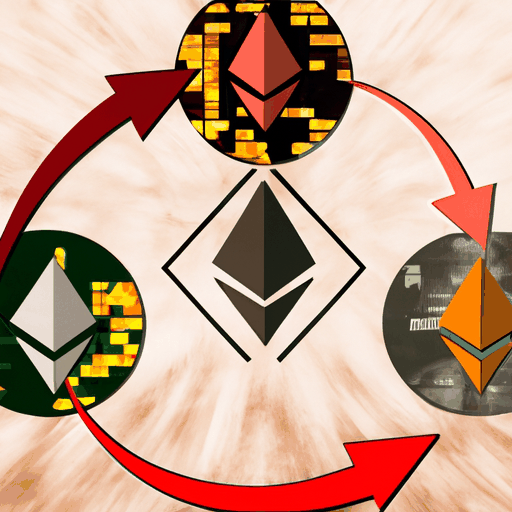
Bitcoin Witnesses Surge in Transaction Fees Amid Increased Network Activity
By: Eva Baxter
In a significant shift, Bitcoin's transaction fees have skyrocketed, surpassing Ethereum's for the first time since 2020, with the average fee reportedly surging 746% year-over-year, a development intricately linked to the burgeoning use of inscriptions and BRC-20 tokens within the network. The shift in fee-based revenue plays a crucial role in the Bitcoin network’s security. As block rewards are set to decrease over time, the increasing fee revenue provides a sustainable financial model, ensuring robust security for the blockchain. This security budget, crucial for maintaining network integrity and resilience against potential attacks, strengthens user confidence in the Bitcoin system.
The Bitcoin mempool has seen a notable increase in both the number of transactions and the total size of transactions throughout November, signaling increased network activity and potential congestion. This high activity links to longer wait times for transaction confirmations.
The rise in transaction fees coincides with an increasing inscription frenzy. At the same time, the Bitcoin mempool paints a clear picture of user behavior under varying network conditions, with the dominance of transactions with fees around 50 sat/vByte indicating an apparent willingness among users to pay a premium. Bitcoin currently trades at $36,407, a 0.58% gain over the part 24 hours.
The phenomenon of increased inscription fees emerges as a pivotal driver behind the overall fee increase, pointing to a rising demand for specific transaction types. Moreover, the escalation in fees and mempool congestion could deter potential users or push current users to seek alternatives, potentially affecting Bitcoin's market position.



